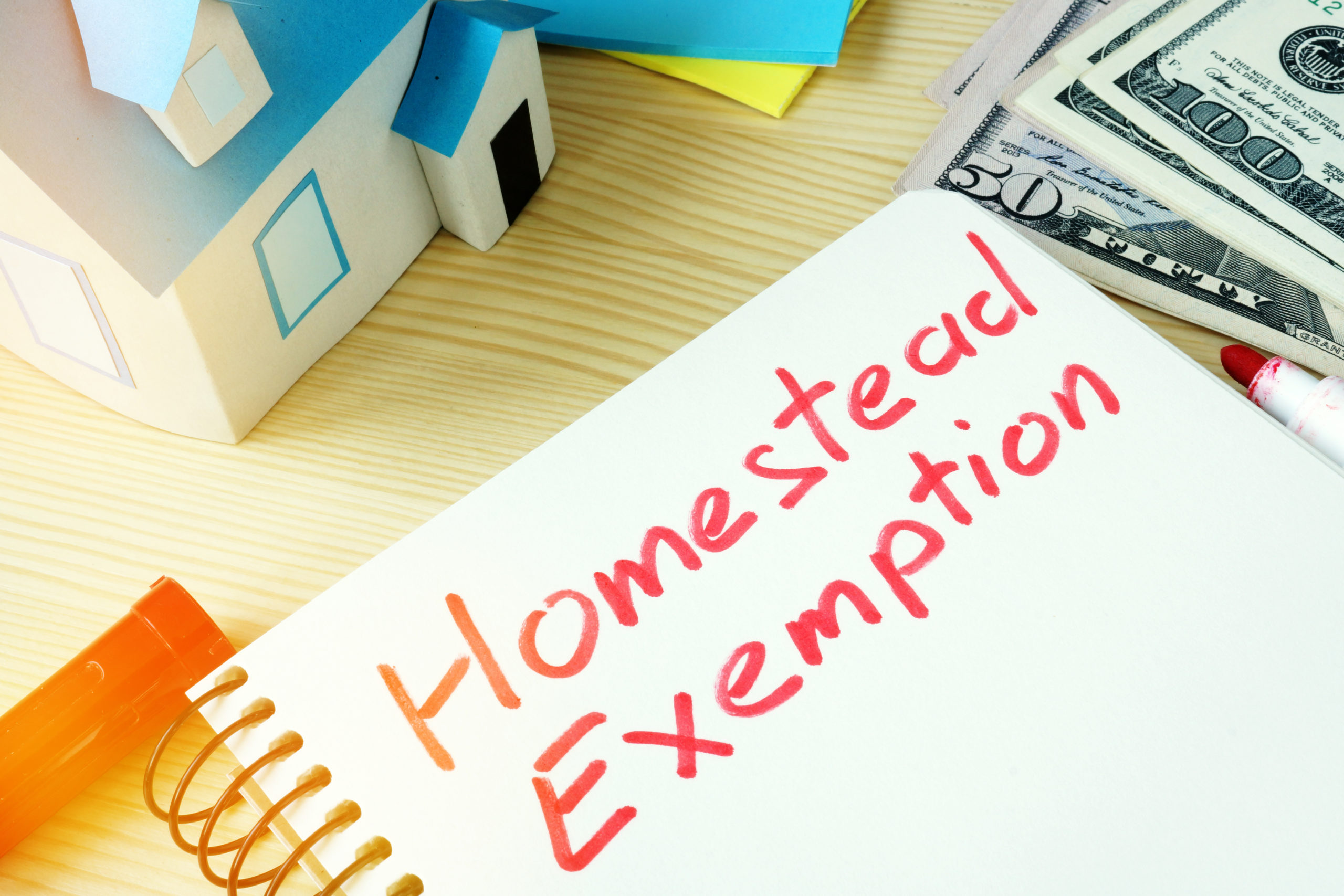In order to be qualified under Florida’s homestead protection, among the requirements is that the homeowner must be a permanent resident (green card holder) or a U.S citizen. Therefore, the traditional rule is all individuals living in Florida with temporary visas may not be eligible to claim the Florida homestead exemption because their residency is based on a durational, temporary period. However, in 2012, the Florida Supreme Court put this constitutional issue before them in Garcia v. Andonie, 101 So. 3d 339 (Fla. 2012). The Court in Garcia whereby struck down a substantive requirement of the Florida homestead statute that materially limited a taxpayer from receiving the homestead exemption. Florida law now upholds that foreign non-resident E-2 visa holders may qualify for homestead exemption so long as they make a showing that their U.S citizen dependents maintain the property as their permanent residence.
Establishing Permanent Residence for Florida Homestead Exemption
The Florida Constitution provides every homeowner the right to apply for and receive tax deductions in the assessed value of their home. Before the state amended its homestead law in 1968, it stated, “an owner of real property seeking to establish entitlement to a homestead tax exemption was required to both “reside” on the property in question and make the property either (1) his or her permanent home or (2) the permanent home of others legally or naturally dependent upon the owner.” The requirement that the homeowner must “reside” on the property has since been removed, as the homeowner need not also prove that he or she is residing on the property, permanently or otherwise, because either means of establishing entitlement are independent as alternatives to one another. Therefore, current law allows two separate ways a homeowner may establish entitlement to the homestead exemption: “the property owner maintains on the property either (1) the permanent residence of the owner; or (2) the permanent residence of another legally or naturally dependent upon the owner.”
In Garcia, the taxpayers disputing their denial of eligibility for tax exemption were both citizens of Honduras, residing lawfully in the United States under an E-2 investor visa. The husband and wife had three minor children residing with them in their Miami residential condominium. Of course, an E-2 visa is considered a temporary, non-immigrant visa that allows foreign investors to reside and do business in the United States. However, E-2 visa holders remain anything but temporary. These foreign investors lawfully move to the country in order to begin their business undertakings, and while appropriately renewing the visa after each durational period, an E-2 visa holder, their spouse, and any minor dependents, have the ability to lawfully reside in the United States for years, building their business and effectively serving the American economy. Similarly, in Garcia, the family lawfully resided in Florida for a number of years, to which they had children born along the way, making their children U.S citizens. The Court held that these children were considered dependents within the meaning of the homestead exemption statute and therefore, qualified as establishing prong (2) of the permanent residence test because they were legally and naturally dependent upon their homeowner parents.
Because of the Garcia decision, many homeowners who were not legally able to show that they permanently resided at the property because they were under a temporary visa status, are now given the opportunity to establish residency through their U.S citizen dependents, if applicable. Providing Florida homeowners their constitutional right to the homestead protections.
What are the Benefits of Homestead Exemption in Florida?
Florida’s homestead law offers homeowners a wide array of advantages. Whether the home is valued at $100,000 or $10,000,000, the life-time protections remain the same. A homestead property is off limits for creditors, which means a creditor can neither place a lien nor force the sale of your homestead in order to satisfy their debt, this also includes legal judgments. A rather significant aspect of the exemption is the fact that Florida homeowners are exempt up to $50,000 of their home’s value from property tax calculations.









2 Responses
Hi,
And what about a homeowner that is in the process for Political Asylum and TPS?
Living in florida for more than 6 years, Is authorized to work and live in USA, declare taxes every year and was able to buy a house. Is it possible to apply for Homestead Exemption?
This is a great question that isn’t clearly answered in the law. Would you like to schedule a short call to discuss?